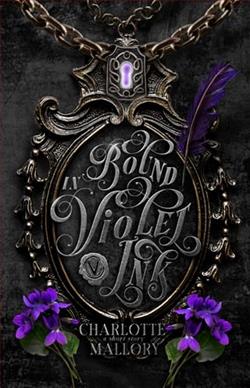
Bound in Violet Ink
by Charlotte Mallory
Crave obsessive, fated love where he knows before she does? He’s an Unseelie High Lord, chained in a Seelie prison, and she’s the adopted daughter of the very court that locked him away. She writes to him out of boredom, rebellion, a hunger for more, and he answers because his mate has found him, even if she doesn’t yet understand what she’s done.
Now nothing—not walls, not politics, not the fragile peace between courts—will stop him from claiming what’s his. Even if it means tearing her world apart to reach her.
… … … … … … … … … …
“Do you feel lost? Is that why you write to me?”
His words are forbidden, and yet I crave them.
Locked in a golden cage, I’m the adopted daughter of a High Lord—a pawn dressed in silk and promises, meant to smile, marry, and obey. But I’m not sweet. Not docile. And certainly not interested in the polished men lining up to claim me. Well beyond my years for marriage, I don’t care for decorum anymore.
So, I write to a prisoner. Kane, the infamous Unseelie High Lord held in the depths of my father’s dungeons, is my absolute obsession and it’s driving me mad. It starts as a game. A risk. A breath of rebellion in my suffocating world.
But Kane writes back.
I’m no longer just playing with fire, I’m falling into it.
.
Read
Bound in Violet Ink on http://kissnovel.net
Martial Peak Reviews
Charlotte Mallory's Bound in Violet Ink is a captivating exploration of forbidden love, power dynamics, and the struggle for autonomy within a fantastical realm. The novel weaves a tale that is both enchanting and unsettling, drawing readers into a world where the lines between captor and captive, love and obsession, are tantalizingly blurred.
At the heart of the story is the relationship between the protagonist, an unnamed adopted daughter of a Seelie High Lord, and Kane, the enigmatic Unseelie High Lord imprisoned by her father. The narrative unfolds through a series of letters exchanged between the two, a literary device that Mallory employs with great skill. This epistolary format not only builds tension but also provides a deeply personal insight into the characters' inner worlds. The letters are a rebellion against the constraints imposed upon them, a secretive dance of words that ignites a forbidden connection.
The theme of forbidden love is central to the novel, and Mallory handles it with a deft touch. The protagonist's initial curiosity and defiance evolve into a profound emotional bond with Kane, challenging the societal norms and expectations that bind her. This transformation is mirrored in Kane's own journey, as he moves from a figure of mystery and danger to a complex character driven by a deep-seated need for connection and freedom. The chemistry between the two is palpable, and their interactions are charged with an intensity that keeps readers on edge.
Character development is one of the novel's strongest aspects. The protagonist is a compelling figure, trapped in a gilded cage of privilege and expectation. Her struggle for autonomy and self-discovery is relatable and poignant, resonating with anyone who has ever felt constrained by societal norms. Her rebellion is not just against her father or the Seelie court, but against a world that seeks to define her by its own terms. Kane, on the other hand, is a fascinating study in contrasts. As an Unseelie High Lord, he embodies power and danger, yet his vulnerability and longing for connection make him a sympathetic character. Mallory expertly crafts their dynamic, allowing both characters to grow and evolve in ways that feel authentic and satisfying.
The novel's setting is richly imagined, with the Seelie and Unseelie courts providing a backdrop of political intrigue and tension. Mallory's world-building is meticulous, creating a vivid tapestry of magic, power, and tradition. The fragile peace between the courts adds an additional layer of complexity to the narrative, heightening the stakes and underscoring the risks inherent in the protagonists' relationship. This world is not just a setting, but a character in its own right, influencing and shaping the events that unfold.
One of the most intriguing aspects of Bound in Violet Ink is its exploration of power dynamics. The novel delves into the ways in which power is wielded and contested, both on a personal and political level. The protagonist's journey is one of reclaiming agency, challenging the structures that seek to control her. Kane's imprisonment and subsequent interactions with the protagonist highlight the complexities of power, as he navigates his own desires and the constraints imposed upon him. This theme is handled with nuance, inviting readers to reflect on the nature of power and its impact on relationships.
In terms of style, Mallory's prose is both lyrical and evocative, capturing the emotional depth and intensity of the characters' experiences. The dialogue is sharp and engaging, with the letters serving as a particularly effective means of conveying the protagonists' evolving relationship. The pacing is well-balanced, with moments of tension and introspection interspersed with action and intrigue. This ensures that the narrative remains compelling from start to finish.
Comparisons can be drawn between Bound in Violet Ink and other works in the fantasy romance genre, such as Sarah J. Maas's A Court of Thorns and Roses series. Both authors explore themes of forbidden love and power dynamics within richly imagined worlds. However, Mallory's use of the epistolary format sets her novel apart, offering a unique and intimate perspective on the protagonists' relationship. Fans of Maas's work will likely find much to appreciate in Mallory's novel, particularly in its exploration of complex characters and intricate world-building.
Overall, Bound in Violet Ink is a compelling and thought-provoking read that will appeal to fans of fantasy romance and those who enjoy stories of forbidden love and self-discovery. Charlotte Mallory has crafted a novel that is both enchanting and challenging, inviting readers to lose themselves in a world of magic, intrigue, and passion. The novel's themes of autonomy, power, and love resonate long after the final page is turned, making it a memorable addition to the genre.




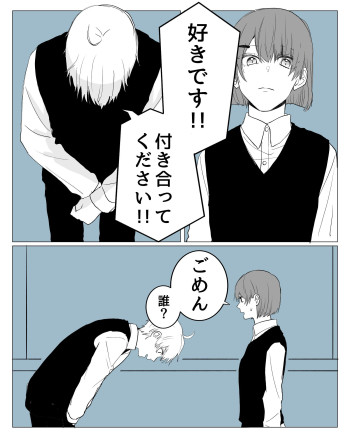
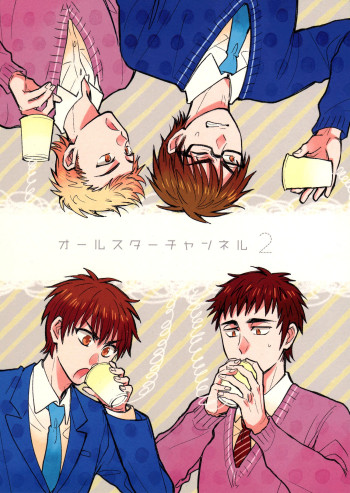
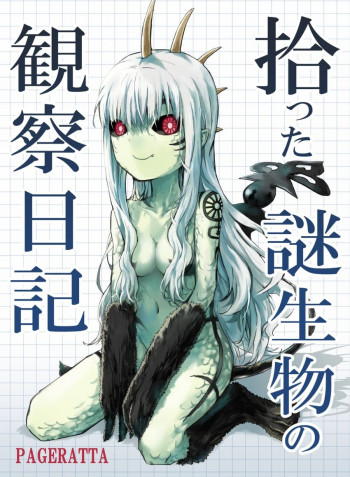
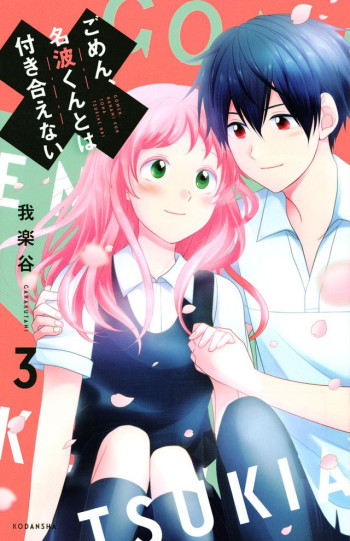
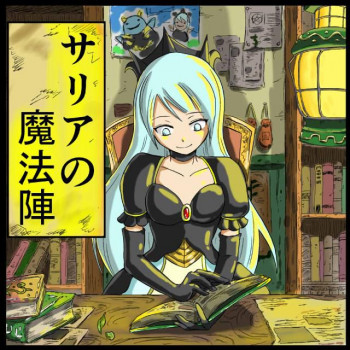
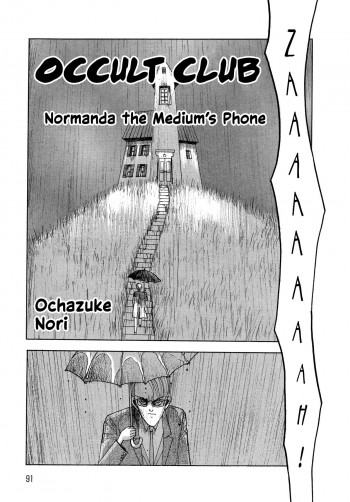
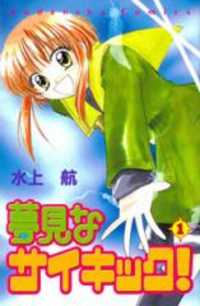

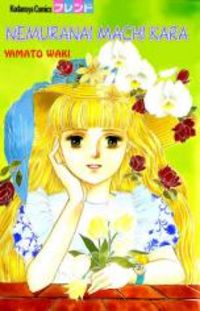
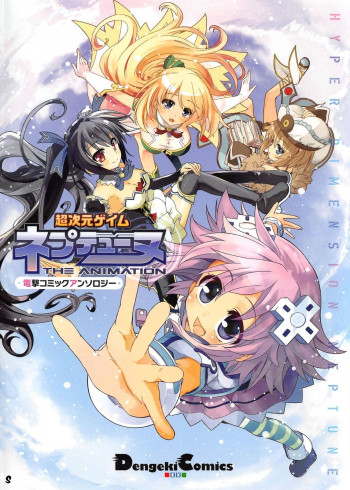










Reviews 0
Post a Reviews: